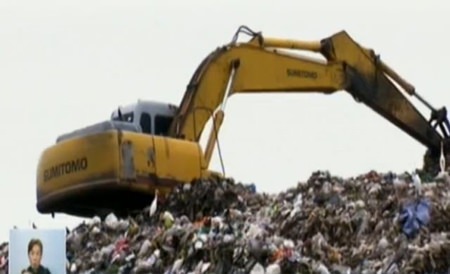BANGKOK, July 21 — Renewable energy initiatives including waste-to-energy and biomass power plants have not made much progress in Thailand due to opposition from local residents, ‘influential people’ and non-governmental organizations.
Participants in a discussion on renewable energy projects oganized by the Energy for Environment Foundation today mentioned the policy of the Ministry of Energy to increase the contribution of renewable energy to 25 per cent, or 9,200 megawatts of total electricity generation in the country within 2021.

They pointed out that the implementation of the policy to realize the target was behind schedule as renewable energy accounted for only 11.42 per cent of power generation in the country as recently as March.
Waste-to-energy generation amounts to only 47 megawatts compared with the present goal of 160 megawatts due to several problems.
A main problem is opposition from NGOs and local people to biomass and waste-to-energy power plants.
The government has not attempted to convince them of such projects and there are also legal problems concerning community garbage. Besides, influential people control garbage collection services, there are insufficient garbage supplies and politicians and government officials demand bribes.
Pichai Tinsantisuk, chairman of the Federation of Thai Industries’ renewable energy industry group, said without government support, operators might export wood waste to South Korea, China and Japan that were ready to buy unlimited amounts of the material for their electricity generation and they offered to buy it at as high as US$150 per ton.
Today a committee on the promotion of green industries under the Ministry of Industry certified three companies as being the best among green industries. They are Siam Cement Lamphang Co, Siam City Cement Plc and Map Ta Phut Olefins Co.
They prove to maintain the “Green Culture” that is acceptable to communities and consumers and create balance between economic, social and environmental dimensions that are key to sustainable development.




